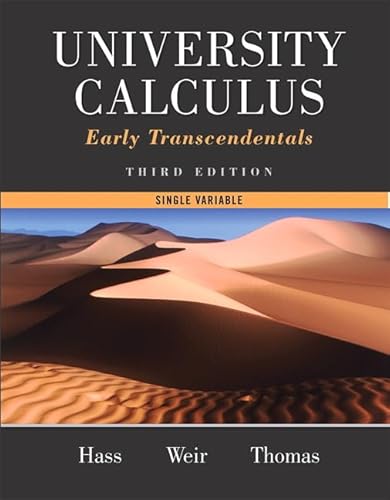


This only works in SKILL++ mode (with the. The function factorial is truly local - can't be called from outside, whereas M圜allback1 and M圜allback2 are visible outside the let, but when they run, they can see any variables (or functions) within their lexical scope. That means that they are visible in the locally defined functions too.

In the above, the three variables const1, const2, const3 are only visible within the scope of the block of text containing the let (hence the term lexical scoping). You should however ensure that any constants you define have a sufficiently unique name - we suggest using a prefix starting with an uppercase letter (since Cadence doesn't do that for its functions) for any global variables to avoid clashing with any other code.Īlternatively, you could take advantage of SKILL++'s lexical scoping by creating all your callback functions in a file with the. Because of this it doesn't matter where you define those constants, provided they are defined by the time the callback gets first executed. The callbacks are evaluated in the global scope. I'm pretty sure the answer is yes but just wanted some assurance before doing a lot of work. If I declare those common constants at the top (above all the cdfCreateParam functions) will the callbacks always have access to them and is the scope of those constants limited only to the cdf in which they are declared?
PEARSON SINGLE VARIABLE CALCLULUS CDF FILES CODE
?callback "letseq( a bunch of code goes here )"Īll of the cdf parameter callbacks share a few common constants that are expensive to figure out (especially on a per-callback basis). When( cdfId = cdfGetBaseCellCDF( cellId ) cdfDeleteCDF( cdfId ) ) Unless( cellId = ddGetObj( LIBRARY CELL ) error( "Can't find cell: %s." CELL ) ) I have a m圜ell.cdf file that is being used to create the cdf.


 0 kommentar(er)
0 kommentar(er)
